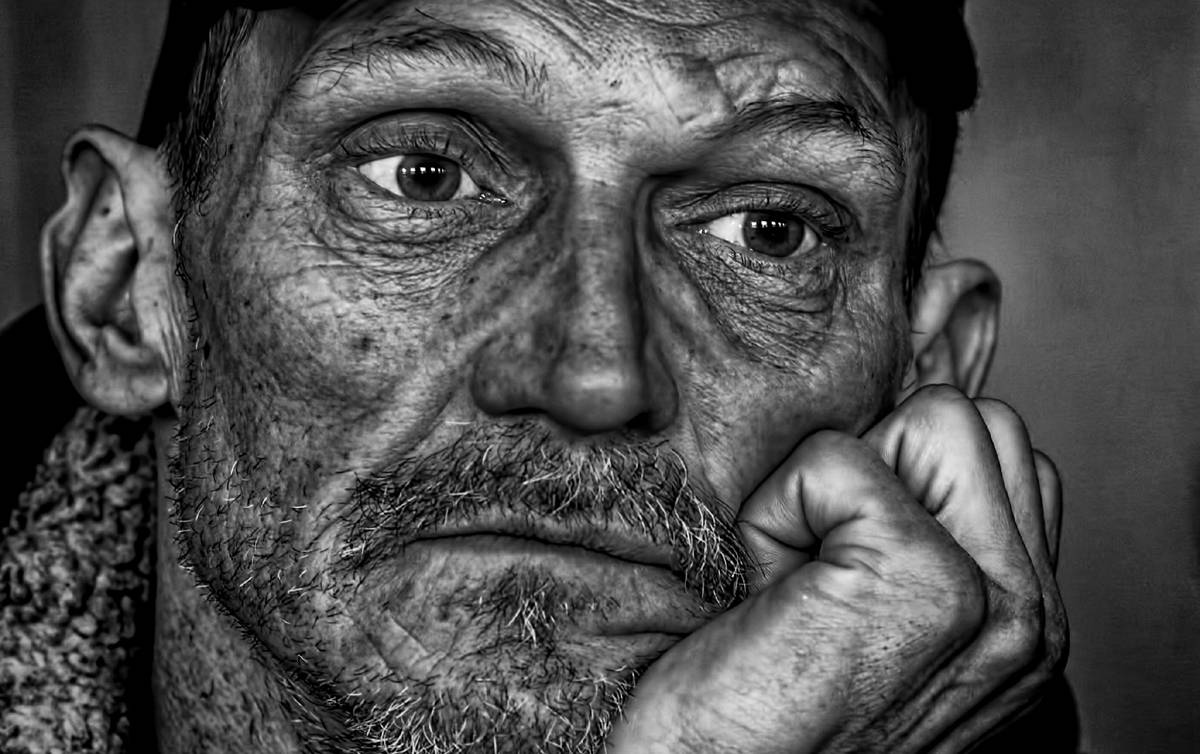 Health and Human Services released a report in Utah that highlights the need for Medicaid expansion to better serve the unmet health needs of Utahns suffering from mental health and substance use disorders.
Health and Human Services released a report in Utah that highlights the need for Medicaid expansion to better serve the unmet health needs of Utahns suffering from mental health and substance use disorders.
This report is released on the heels of Gov. Herbert signing HB 437, the Utah legislature’s bill to extend traditional Medicaid benefits to an estimated 16,300 low-income Utahns based on a series of eligibility criteria, such as chronic homelessness, criminal involvement, and mental health and substance use disorders. The behavioral health community in Utah recognizes the importance of getting these lives covered but agrees with the report that there is more that can and should be done to provide treatment options for Utahns living with mental health or substance use disorders.
“While the recent signing of HB437 provides benefits to about 16,300 low-income Utahns who suffer from a number of behavioral health issues, it’s important to note that nearly 30,000 Utahns with behavioral health needs will continue to be left out,” said RyLee Curtis, senior health policy analyst for the Utah Health Policy Project. “We need a solution for them too.”
“We all experience emotional ups and downs caused by events in our lives,” said Jamie Justice, executive director of the National Alliance on Mental Illness-Utah. “Mental health conditions go beyond these emotional reactions and become something longer lasting. They are medical conditions that cause changes in how we think and feel in our mood. These illnesses are not the result of personal weakness, lack of character or poor upbringing. With proper treatment, people can and do realize their full potential, cope with the stresses of life, work productively and make meaningful contributions to the world.”
She argues that untreated mental health conditions can be devastating:
—Students with mental illness have more difficulty performing well in school.
—Depression is the leading cause of disability and unemployment in adults.
—Ninety percent of those who die by suicide have an underlying mental illness. Utah’s suicide rate has been consistently higher than the U.S. rate for the past decade, and every 16 hours, a Utahn dies by suicide.
—Those suffering from addiction are twice as likely to have an underlying mental illness.
—Twenty-six percent of homeless adults live with serious mental illness.
—Twenty-four percent of Utah’s jail and prison inmates are incarcerated simply because they have mental illnesses.
“It is clear that without mental health, we cannot be fully healthy,” said Justice. “At the very core of the facts listed above, Utahns are not getting the help, treatment, and support they need to enter into recovery. We commend the state for passing HB437 and stand to say it is just not enough.”
“Continuing to underinvest in resources and building a strong enough systems to help our most vulnerable, yet, very treatable population is inhuman,” Justice said. “These people are sick and need the appropriate help, treatment, and support so that they can enter on the path toward recovery and realize their full potential. It is time for Utah to do the right thing, which we know, in the long run is also the most economical thing too. Treatment works and recovery is possible, meaning people end up living as productive members of our community, no longer needing public services.”
Health and Human Services gave the disclosure that due to data limitations, the report is not about the number of people who would gain coverage due to expansion. Rather, it estimates the number of people with mental health or substance use disorders who were uninsured in 2014 and had incomes below 138 percent of the Federal Poverty Level, the income limit for expanded Medicaid under the Affordable Care Act. Not all of these people would sign up for coverage at any given time, even if their state expanded Medicaid, but they would have the option to do so. In addition, some in this group had incomes between 100 and 138 percent of the Federal Poverty Level and already had the option to pay premiums to purchase coverage through the marketplace.



